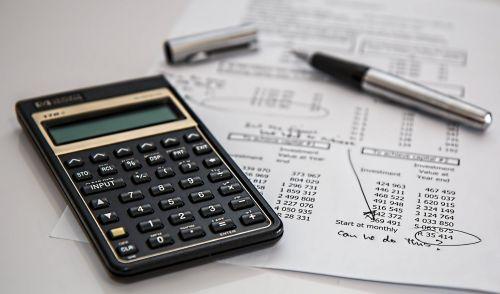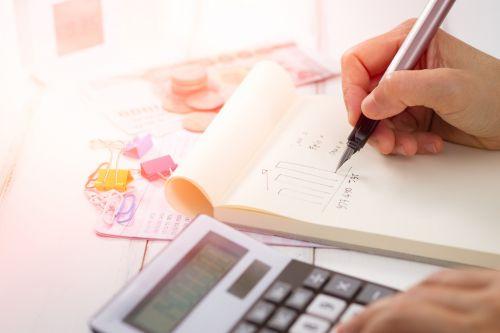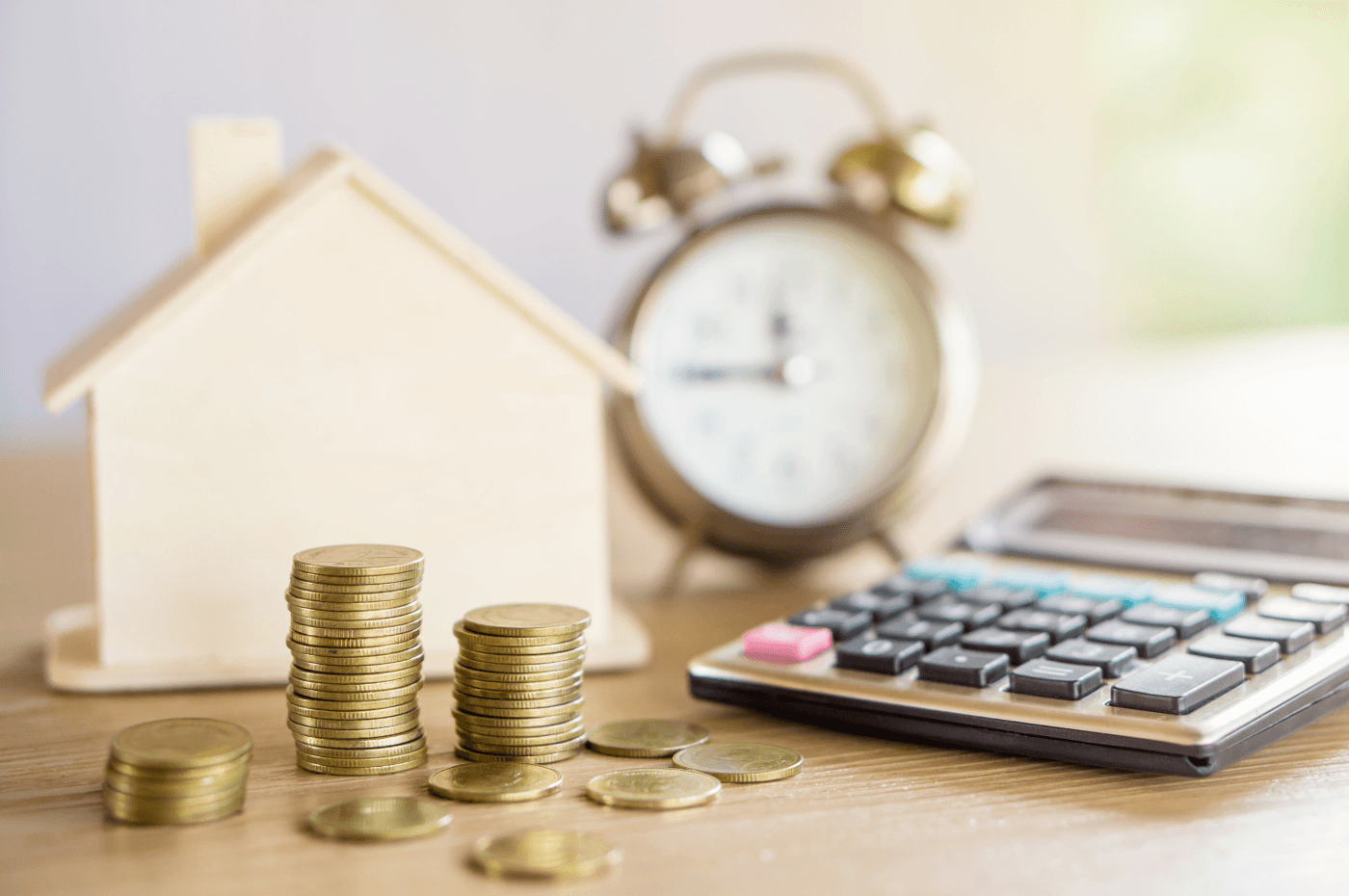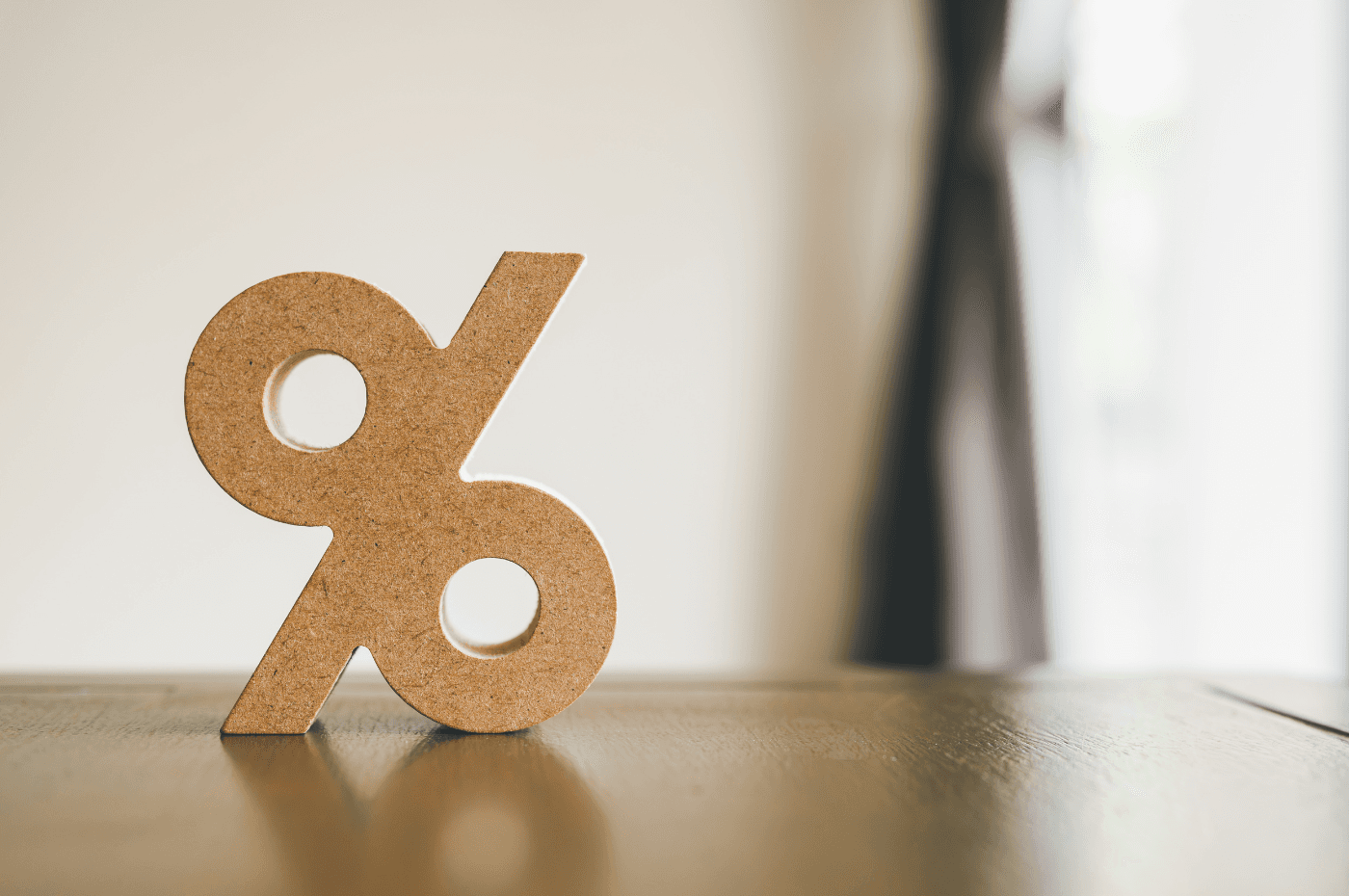Thinking about buying a house soon? Before you begin your search for the perfect home, it's essential to know how much you can borrow.
Here’s how you can determine your borrowing capacity to make the process clearer and easier!
How much can you borrow for a mortgage?
The amount you can borrow depends on several key factors:
- Your financial situation
- The purchase price of the property
- The bank or financial institution
Lenders will assess these factors to determine whether to approve your loan and how much you can borrow.
GDS and TDS: two key ratios for assessing your borrowing capacity
To determine how much you can borrow for a mortgage, two key ratios are used:
- Gross Debt Service (GDS);
- Total Debt Service (TDS).

1. Gross Debt Service (GDS)
The GDS ratio compares your annual housing expenses to your annual income. Lenders typically prefer this ratio to be between 32% and 39% when approving a mortgage.
In practical terms, this means that 32% to 39% of your gross annual income should go toward your mortgage payments or rent if you’re currently renting.
For added financial flexibility in case of unexpected expenses, it’s wise to target a GDS ratio closer to 32%.
2.Total Debt Service (TDS)
Once you meet the GDS criteria, the next step is to calculate the Total Debt Services (TDS) ratio. This involves adding your GDS amount to all your other debt obligations.
To comfortably manage your mortgage, the combined GDS and TDS ratios should not exceed 44%. This means that up to 44% of your gross annual income should cover both your housing costs and other debts.
Keep in mind that some lenders prefer a TDS ratio closer to 40%. Also, the target ratios for mortgage approval can differ from one financial institution to another.

Using an online calculator to estimate your borrowing capacity
To get a clearer picture of your mortgage affordability, many financial institutions offer online calculators.
Did you know that XpertSource.com also provides a borrowing capacity calculator to help you get a better understanding of your financial situation. To use our calculator, you’ll need:
- Your gross annual income (or combined gross family income if buying with a partner).
- The down payment you intend to make.
- A list of your expenses such as housing costs, furniture payments, electricity, transportation, etc.
While these online tools are helpful for getting a general idea of your mortgage affordability, remember that they provide only a rough estimate. Various factors specific to your situation could affect the final outcome.
For a more precise and detailed evaluation, consider consulting a mortgage broker. They can not only help you determine your borrowing capacity but also guide you in choosing the most suitable type of mortgage for your needs.

Borrowing the maximum: is it a good idea?
Once you determine your borrowing capacity, you might be tempted to look for houses priced near the limit. However, is it the best approach? Instead, consider focusing your search on properties priced below your maximum affordability. This strategy can provide you with greater financial flexibility and a buffer for unexpected expenses.
When buying a house, remember that there are many additional expenses beyond the property’s price. These can include:
- Welcome tax
- Notary fees (for processing your application)
- Mortgage insurance (if your down payment is less than 20% of the purchase price)
- Down payment
- Pre-purchase inspection fees
- Property evaluation costs
- GST/QST (for new or substantially renovated homes)
- Municipal or school tax adjustments
- Moving expenses
- Other costs (such as home insurance, renovations, and condo fees)
Once you account for all these fees, it’s clear they can significantly impact your budget. Therefore, it’s crucial to factor them in when determining the actual price range you can afford for a property. This consideration will help you avoid financial strain and ensure a smoother home-buying process.
Are you looking for a mortgage broker?
XpertSource.com can help you in your efforts to find a mortgage broker. By telling us about your project, we will refer you to top-rated experts, free of charge! Simply fill out the form (it only takes 2 minutes) and you will be put in contact with the right experts.





